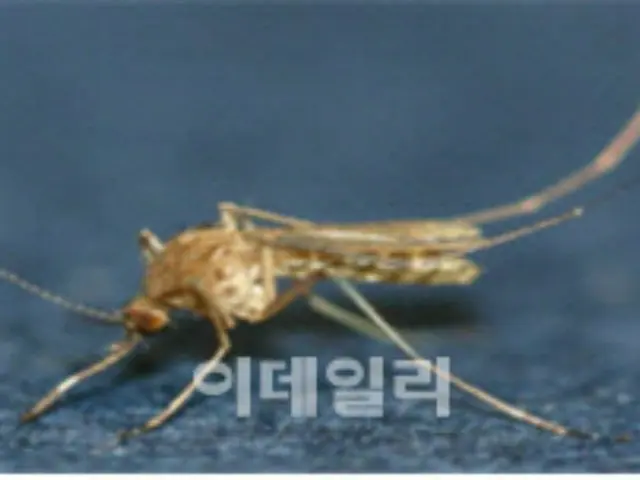It was announced on the 6th that a patient believed to have Japanese encephalitis was confirmed. The first patient, a man in his 60s who lives in Gangwon-do (Gangwon-do), was hospitalized for symptoms such as fever and unconsciousness.
be. It was confirmed that the patient had no history of vaccination against Japanese encephalitis. Tests by the Gangwon Provincial Health and Environment Research Institute and the Disease Control Agency detected specific antibodies for Japanese encephalitis in acute-phase cerebrospinal fluid, so it is estimated that the date of the outbreak will be on the 5th of this month.
Diagnosed as a patient. We plan to make a confirmatory diagnosis using convalescent serum. Japanese encephalitis is transmitted through the mosquito vector, Culex Culex. The incubation period is 5 to 15 days, and there are almost no symptoms.
In rare cases, encephalitis may cause mild symptoms such as fever and headache, but in rare cases, when it progresses to encephalitis, serious symptoms such as high fever, seizures, stiff neck, confusion, convulsions, and paralysis appear. Of these, 20-30% will die.
there is a possibility. Particularly in the case of encephalitis, 30-50% of patients may develop various neurological complications depending on the site of injury.
In the five years from 2018 to last year, there were 92 people infected with Japanese encephalitis. Looking at the characteristics, from September to October
80% occurred. This is because the mosquito vector, Culex pipiens, reaches high outbreak densities by mid-August, and densities are maintained until September. Approximately 87% of those infected were in their 50s or older. main
The most common symptoms were fever, altered consciousness, symptoms of encephalitis, headache, and vomiting. Officials from the Agency for Disease Control said, ``Since there is an effective vaccine for Japanese encephalitis, it is eligible for national vaccination support (January 1, 2010).
All infants born after that date must be vaccinated according to the standard vaccination schedule.'' How to prevent Japanese encephalitis: △At night (just after sunset to just before sunrise) until October, when vector mosquitoes are active.
) Refrain from outdoor activities △ Wear light-colored long sleeves and long pants when going out at night, avoid the area around your face, and use insect repellent every 3 to 4 hours.
△ Install a screen door in your home and use a mosquito net inside your tent when sleeping outdoors, such as when camping.
△Remove accumulated water such as puddles and clogged drains around the house, which are habitats for mosquito larvae. △Include vaccinations according to the standard vaccination schedule for those eligible for national vaccination support.
.
2023/09/06 21:25 KST
Copyrights(C) Edaily wowkorea.jp 78

